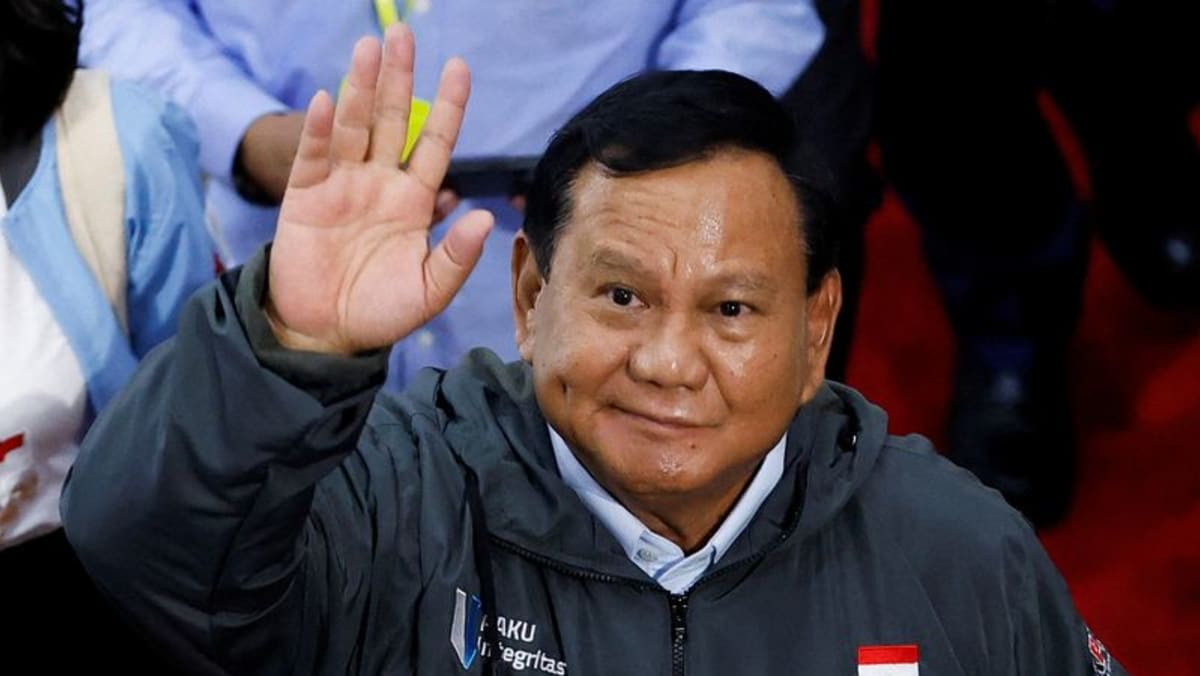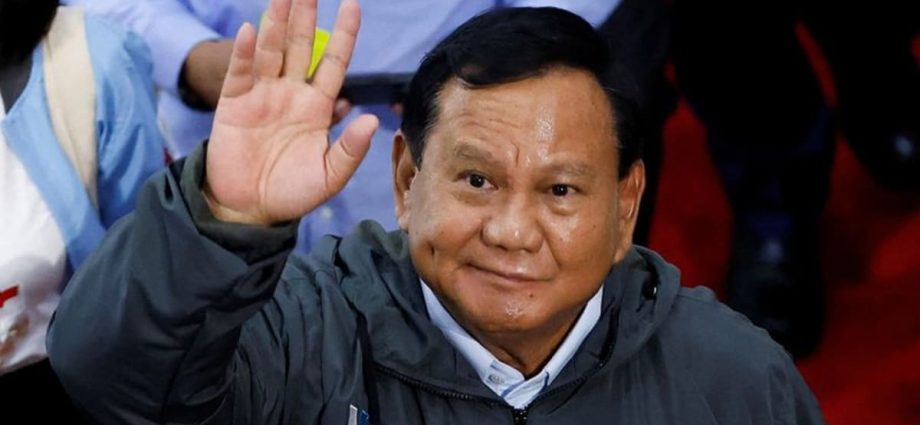
“OPPOSITION-LESS” APPROACHES TO GOVERNING
The position of major parties regarding the future of direct elections appears largely instrumental. The National Awakening Party (PKB), which Baswedan’s running mate Muhaimin Iskandar heads, has advocated for the regional parliaments’ appointment of governors. This is despite Baswedan’s popular election as Jakarta governor, like Jokowi before him, being foundational to his viability as a presidential candidate now.
The Indonesian Democratic Party of Struggle (PDI-P), whose candidate Ganjar Pranowo was a two-term elected governor of Central Java, has also indicated support for the idea. A draft legislation was recently put forward for a framework for governing Jakarta once the new capital city Nusantara officially replaces it as the nation’s capital.
The Bill proposes that future governors would be appointed by the president on the regional legislative council’s recommendation – an idea touted by the PSI, the self-proclaimed youth party now led by Jokowi’s youngest son, Kaesang Pangarep.
The preference shown by many political parties for greater control over executive leader appointment processes reflects agitation at what they see as the vagaries and increasing expense of direct elections plus the need to find “electable” candidates.
Any further narrowing of the field for political contestation, such as a return to closed-list voting systems or parliamentary appointments of regional leaders, would close the door on the possibility of any disruptive outsiders contesting gubernatorial or legislative posts. This would be most detrimental to those sectors of civil society without ties to, or utility value for, political elites who will face greater barriers to electoral participation and vulnerability to repression. This would extend to outlier parties excluded from a ruling coalition.
As we have seen over the past decade, few have remained committed to being an effective opposition – a role which comes with risks, such as targeted criminalisation.
A Prabowo presidency, then, may see an expansion of “opposition-less” approaches to governing, framed by nationalist tropes of safeguarding unity. The logic of this approach, already embraced by Jokowi, is to remove parliamentary opposition and curtail the emergence of rival power bases. This is done not by overt repression but co-optation into large ruling coalitions managed via negotiations and inter-elite deals.
Prabowo has said that he intends to include “all sides” in any future government. This would resemble his preferred integralist “consensus” (musyawarah)-based model, as envisioned in Indonesia’s 1945 Constitution, and serve to further strengthen the power of the executive.
In such a scenario, core democratic processes such as elections may be maintained, albeit on a reduced scale but largely stripped of their potential for delivering substantive change. Such processes will nonetheless continue to provide an important avenue for public participation and for conferring legitimacy on the status quo.
If Prabowo can maintain his popularity like Jokowi has done, he may feel emboldened to flex his authoritarian muscle and push once more for a rollback of the post-1999 constitutional amendments and the end of direct elections.
Ian Wilson is a Visiting Fellow at ISEAS – Yusof Ishak Institute. He is also Senior Lecturer in International Politics and Security Studies, Academic Chair of the Global Security Program and Co-Director of the Indo-Pacific Research Centre at Murdoch University, Western Australia. This commentary first appeared on the Institute’s blog, Fulcrum.

